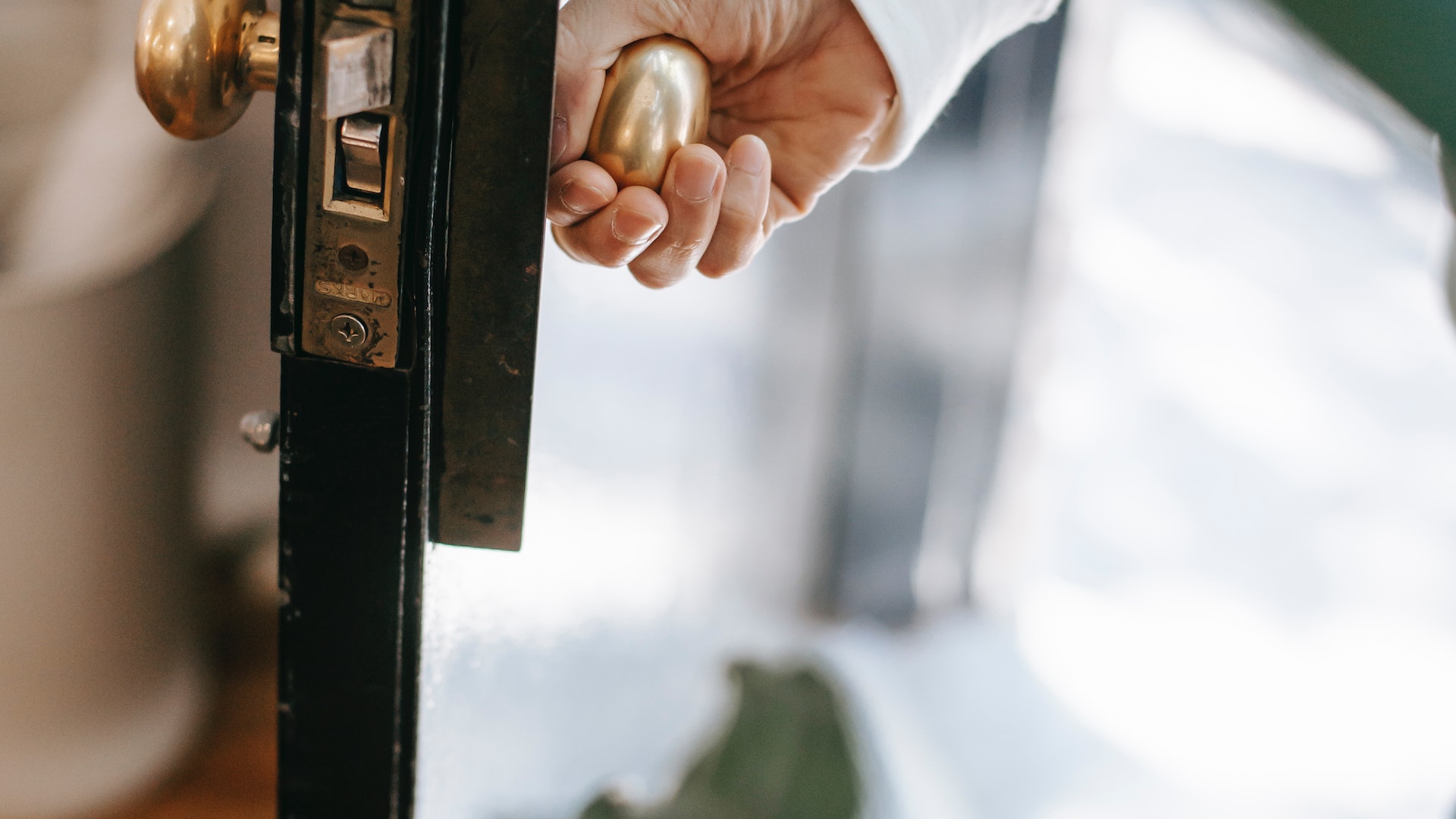Be it for our home or office, the security we put in place is paramount to protecting our loved ones, belongings, and assets. There are numerous steps we can take to enhance security, from installing advanced locks and security systems to maintaining existing lock systems. One often overlooked yet effective strategy is lock rekeying.
Lock rekeying offers a cost-effective approach to bolster security without the need to change your entire lock system. But what exactly does rekeying involve, and when is it most beneficial? To help answer these questions, All Secure Locksmiths – your dedicated residential and commercial locksmith specialist, presents this comprehensive guide detailing the benefits and practicality of lock rekeying.
Rekeying is the process of changing the internal components of a lock so that the existing key no longer works and a new key can operate the lock. This service proves beneficial due to numerous reasons, from moving into a new house to preventing access from a former key holder and from recovering after a break-in to simply needing a master key system.
In this blog post, our certified locksmith team shares their expertise and walks you through scenarios where rekeying is not only practical but also a preferred choice over replacing the whole lock system. We will also delve into how rekeying works, its advantages, and how you can get your locks professionally rekeyed with our expert locksmith services.
Security is not something to be taken lightly, and understanding your options is the first step to creating a secure environment. Through this guide, we aim to broaden your understanding of rekeying and how it could serve as the right safety solution for your specific needs. So, continue reading to discover more about lock rekeying and how this security strategy could benefit your home or office.
When Is Lock Rekeying Necessary?
There are several scenarios where rekeying locks make practical sense. Some of these situations include the following:
1. Moving into a New Home: When you move into a new house or apartment, there’s no way of knowing how many key copies the previous owner or tenant may have handed out. Rekeying the locks will ensure only you and your trusted contacts have access to the property.
2. Lost or Stolen Keys: If you happen to lose your keys or suspect they’ve been stolen, rekeying is a wise decision to prevent unauthorised entry.
3. After a Break-In: In the unfortunate event of a break-in, whether your locks were tampered with or not, rekeying locks can provide an added layer of security and peace of mind.
4. Employee or Tenant Changes: If you own a business or rental property, rekeying the locks after employee turnover or tenant eviction ensures that only current occupants and staff can access the premises.
Understanding the Lock Rekeying Process
Rekeying involves disassembling the existing lock and replacing the internal pins (or tumblers) with new ones so they operate with a new key. It is essential to rely on the expertise of a professional and certified locksmith for this process to avoid any complications or mishandling.
Benefits of Lock Rekeying
Opting to have your locks rekeyed comes with several advantages:
1. Cost-Effective Solution: Replacing locks entirely can be expensive, whereas lock rekeying is more affordable, especially when securing multiple doors.
2. Time-Saving: Rekeying can usually be completed within a short amount of time without the need for uninstalling or reinstalling the lock hardware.
3. Enhanced Security: Rekeying allows you to maintain control over who can access your property, be it family members or employees.
4. Simplified Key Management: If you have multiple locks on your property, rekeying allows you to create a master key system, minimizing the number of keys you need to carry or track.
DIY vs. Professional Lock Rekeying
While it may be tempting to attempt rekeying your locks yourself, it is imperative to consider the risk of damaging the lock, leading to costly repairs or replacements. A certified locksmith has the necessary experience and tools to perform the rekeying process seamlessly and efficiently, ensuring the lock operates correctly and securely. Additionally, a professional locksmith can provide valuable advice on the best security solutions for your specific needs, such as installing high-security locks or upgrading your security system. Therefore, it is always recommended to seek the services of a licensed and insured locksmith for your lock rekeying needs.
All Secure Locksmiths’ Expert Rekeying Services
At All Secure Locksmiths, our certified locksmiths can help you with rekeying your residential or commercial locks. Our professional team will evaluate your specific requirements and perform the process seamlessly, ensuring your premises remain secure. In addition, we offer a variety of safe and lock services, including lock repair, safe opening, lock replacement, and more.
Conclusion: Protect your Home or Office with Lock Rekeying
Understanding your security options is the first step towards ensuring a safe environment for your home or office. Lock rekeying is a practical and cost-effective solution for restricting access, keeping your property and its occupants safe. Whether you have just moved into a new place, experienced a break-in, or need to maintain control over who can enter your premises, lock rekeying is a worthwhile consideration.
If you’re unsure whether residential rekeying is the right solution for your security needs, contact the expert locksmiths at All Secure Locksmiths for a consultation. Our team is dedicated to helping you find the best security measures for your unique situation. By providing top-notch locksmith services and the right advice, All Secure Locksmiths can help you make informed decisions that protect your property and loved ones. Remember, safety is not something to be taken lightly – evaluate your options, stay informed, and trust the professionals when it comes to securing your home or office.


